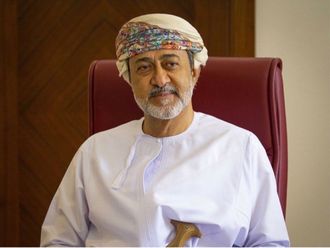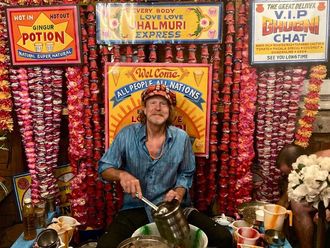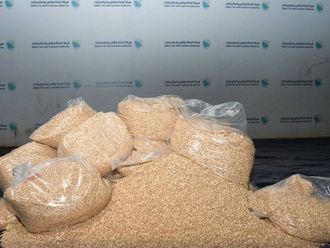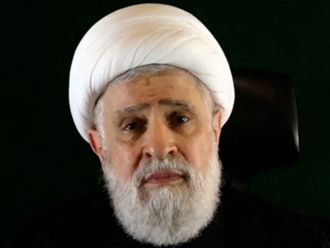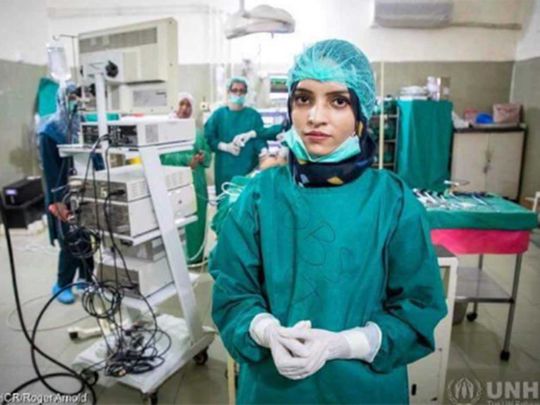
Dubai: As the country battles to control novel coronavirus, a female Afghan refugees doctor have won hearts of Pakistanis for being the front line warrior in treating the poor patients including coronavirus victims.
Dr Saleema Rehman is serving some of the poorest patients in a small Holy Family Hospital in Rawalpindi, Pakistan.
The United Nations High Commissioner for Refugees tweeted to pay tribute to Dr Rehman. “At Holy Family Hospital in Rawalpindi, Afghan refugee Dr Saleema Rehman provides a lifeline to some of the poorest people in Pakistan,” says the UNHCR tweet.
Confirmed coronavirus cases in Pakistan has risen to 4322 on Thursday morning with 63 deaths while the country is facing acute economic crisis due to lockdown.
Lifetime struggle
According to UNHCR, as an Afghan refugee in Pakistan, the 28-year-old Dr Rehman has faced a lifetime of barriers in her quest to get an education.
After nearly three decades of study, Saleema has beaten the odds by training to become the first ever female Turkmen refugee doctor in Pakistan. “I have a duty to help women. I feel so lucky. In my community many girls do not get this opportunity. I think it is in my destiny,” she said.
This sense of duty led her to specialise in gynaecology. Every day, she delivers around five babies at Rawalpindi’s Holy Family Hospital and cares for 40 women in each ward, many of whom live in poverty. Treatment is free. However, there are two patients for every bed and she works long shifts to attend to them all, according to information available on UNHCR website.
Her priority is to serve people
“Sometimes we eat dinner at 2am,” she says, from the hospital staff room. Her first priority is people, even here, as she offers an exhausted colleague water and wraps a blanket around her shoulders. “We have to put aside our hunger.”
Life in refugee camp
Growing up in the Turkmen refugee community in northwest Pakistan, cultural expectations and insecurity meant Saleema faced an endless battle for education. As a refugee, that battle was twofold — but she was not alone.
Her father, who fled Afghanistan at the age of 13, was by her side at every step. He helped to open local schools and advocated for girls’ education. By day, he sold bananas to keep his daughter’s dream alive. By night, he designed carpets.
Scholarships
Eventually, after years of schooling, a highly-prized scholarship offered by Pakistan opened the doors to Saleema’s medical career.
“Saleema applied for three consecutive years for medical scholarships,” says her father Abdul, 49. “She was always struggling to make her dream come true. We faced many challenges from our elders who said that we should not be sending children to school, but finally, we won. We got that fruit for which we struggled a lot.”
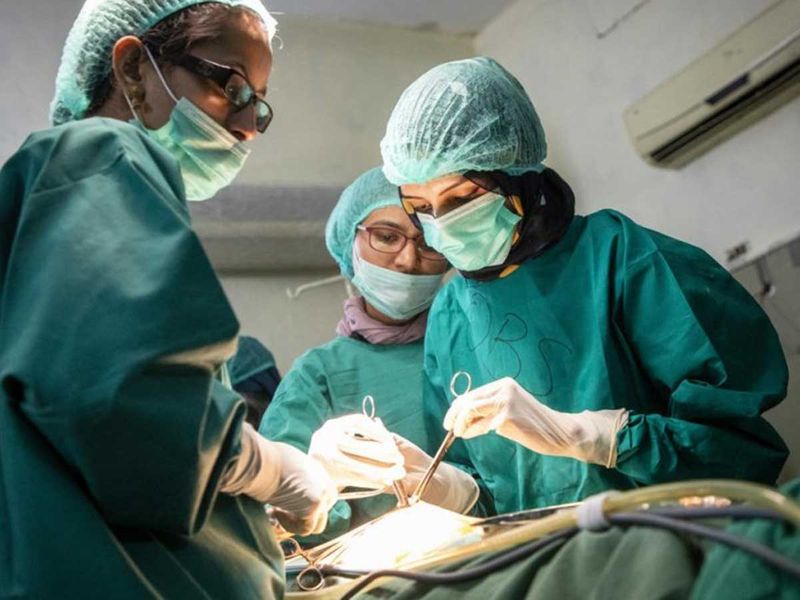
Three years into her placement at Holy Family Hospital, Saleema is flourishing. Her supervisor, Humaira Bilqis, has helped to nurture her talent.
“She is very special,” says the consultant gynaecologist. “She has worked so hard in her life. Whatever challenge we give her, she never says no — day or night, she doesn’t hesitate. She has never disappointed me. I am very proud of her.”
“I didn’t know she was a refugee,” she adds, glowing with pride. “I don’t see her as that. We have never thought of her as not Pakistani. She is one of us. She is an asset for her country. After knowing it, I am even more proud of her.”
Next year, Saleema will finally finish her specialisation as a gynaecologist. But, as a refugee, her future as a doctor in Pakistan is uncertain.
“Training is allowed, studies are allowed,” she says. “But what to do afterwards? If the Pakistan government allows us Afghan refugees to practice here, we can be very helpful to our community, and I can work for the Pakistanis as well.”
Girls' education
“Whenever I go home, women come to me and say they feel very proud. I am so happy that maybe their ideas will change and they will send their daughters to school. I want them to get an education. This will make a difference to generations.”
“Even my own niece wants to be a doctor,” she adds, laughing. “She always takes my stethoscope. She calls me Doctor Aunt.”
“If there is a problem in my community, they ask me because I have a daughter who is a doctor. It is a great sense of pride for us. Saleema is an example for Pakistan, for our community, for Afghanistan. She is an example for people,” her father said.


